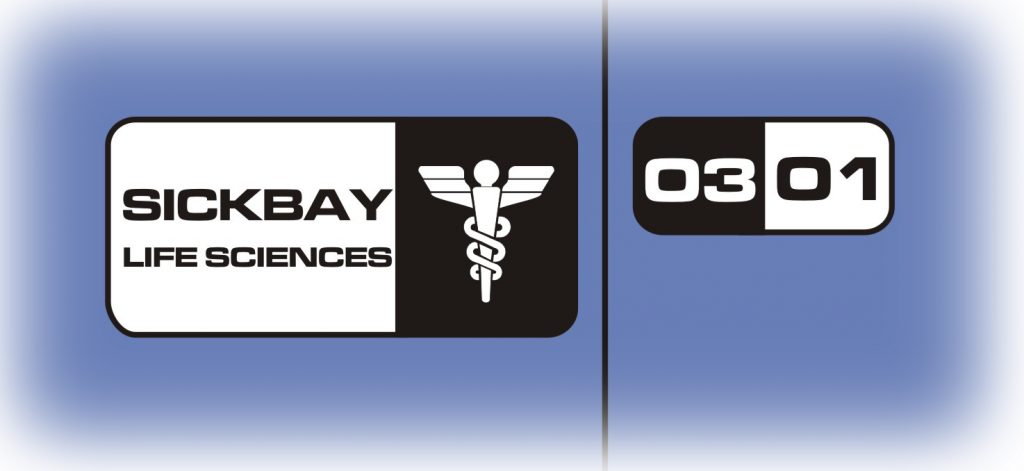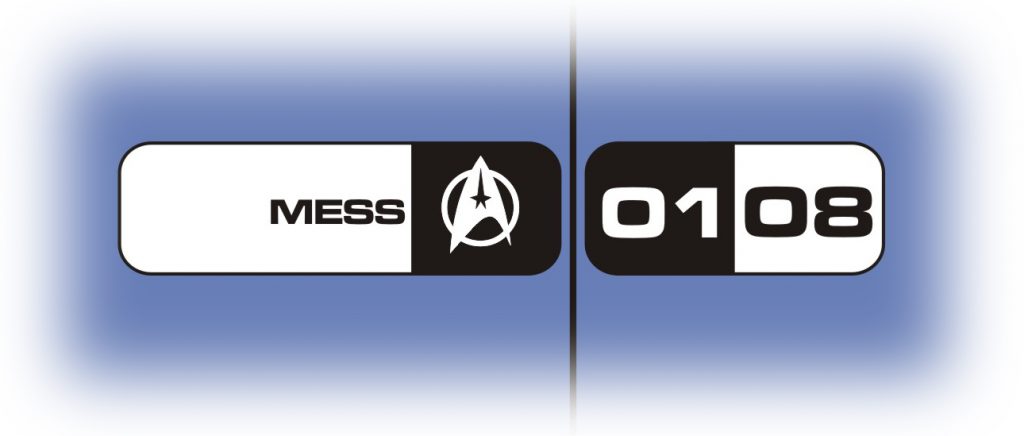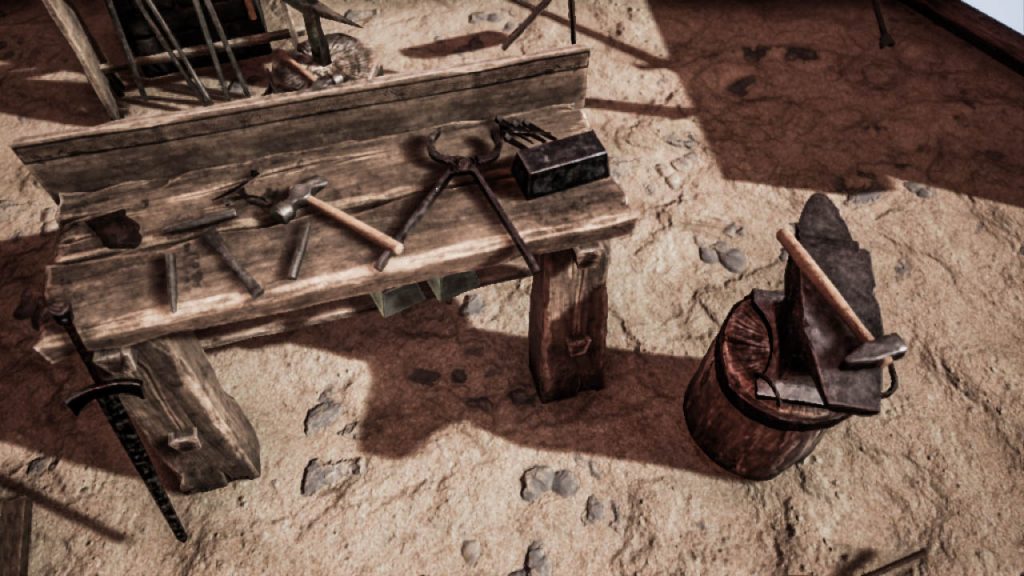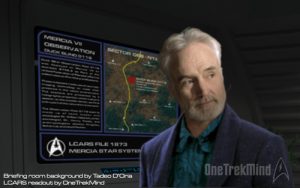
“What I wouldn’t give for my husband’s bad coffee right now.”
Alicia Gregory stood in front of the food synthesizer, her hands wrapped around an insulated mug sipping what passed for coffee.
“I hear the next software update is going to improve the bacon and eggs,” Richard Salvador replied. He glanced over at Alicia, who took a seat next to him at the survey monitor table. “A shame they couldn’t assign us a cook.”
Alicia grunted in agreement as she sipped the bad coffee. She knew, however, that the mission profile did not permit luxuries like a cook or even a galley. The three members of the Mercia Duckblind Observation Team – the third member, Simon Rasmussen, was on a field observation outing – relieved the previous team two months ago and were nearing the end of their three-month hitch studying the pre-industrial civilization on Mercia VII.
The Federation’s Duckblind Initiative was new and had only been deployed to a limited number of pre-industrial planetary civilizations. Three-member teams of the Federation’s best anthropologists were assigned to a small base built into the natural landscape near multiple native settlements. The observation portals and access door were masked by hologram, camouflaging the duckblind to the native inhabitants. The teams would send updates weekly and a starship would deliver a new rotation of personnel every three months.
Although the weeks passed slowly, Alicia found the experience professionally fulfilling. Although team members were forbidden from interacting with natives during the daily field trips, she found there was great value in on-the-ground observation. There was a significant difference, for instance, in speculating what a tool was used for and actually watching it being used. She would take her experiences here on Mercia to the digs of long dead civilizations on other planets.
The communications panel beeped softly, and Alicia took the opportunity to return the half full coffee mug to the synthesizer for recycling on her way to answer the call.
“Mercia Base here,” she said after opening the channel. “Go ahead, Simon.”
“Hourly check-in. I’m hearing talk of a jousting tournament next week in the village to the west of here.” Simon’s distinctive and precise British accent filtered through the speaker. “I’d really like to see that.”
Alicia smiled. Across from her Richard chuckled and shook his head.
“We’ll draw straws for that one, Simon,” Alicia answered. “Anything else?”
“Yes. Can we push back beam-in about thirty minutes today? I want to pick some wild fruit.”
In addition to being a top-notch anthropologist, Simon Rasmussen was a wilderness survivalist, which meant he knew the safe fruit to pick and from which trees and bushes. If it weren’t for his occasional sojourns into natural groves of fruit bearing trees, the team would have been limited to meals produced by the dubious food synthesizer.
“Go right ahead. We’ll see you at eighteen-thirty then. Mercia Base, out.”
Alicia was getting ready to return to her technology survey report when the sensor alert sounded.
Richard looked up from his own reading. “What’s that?”
Alicia shrugged as she brought up the sensor readout on the small base’s main viewscreen. Her expression morphed into one of confusion as she studied it.
“There’s a ship in orbit,” she said, sounding perplexed.
Richard looked over the top of his book. “We aren’t due for replacements in three weeks.”
Alicia shrugged again, and was about to reach for the communications control again when four orange columns of light coalesced into Mercian natives. Alicia’s face gasped in surprise as they lifted Klingon disruptors.
Exclaiming in excitement, she made a move toward a nearby weapons locker, but was taken down by a disruptor bolt, falling dead to the deck. Another blast made quick work of Richard, who never even had a chance to react. His body keeled over onto the survey monitor table.
One of the Mercians pulled a communicator from a leather bag slung over his shoulder and spoke into it.
“It is done,” he simply said.
“Good,” came the reply. “Place the charges and return immediately.”
The Mercian replaced the communicator and grunted commands to the other three, who began quickly placing charges throughout the duckblind – on consoles, bulkheads, in storage compartments. In another ten minutes, the four figures dissolved in an orange transporter beam.
Seconds later, the duckblind interior was consumed by a cascade of explosions.
“Rasmussen to Mercia Base.”
Having finished his observations for the day, Simon followed procedure and walked far enough away from the settlement for safe beam-out so as not to be seen by any of the native Mercians. He had finished his fruit gathering and arrived at his usual spot to be returned to the duckblind. Except he’d been waiting about three minutes for a reply from the base. If there was going to be delay, they’d usually let him know, but this was strange. After ten minutes, Simon was starting to get worried. He dumped all but a few of the native pears he’d picked, storing them in a native fashioned knapsack, and began the eight-kilometer hike to the duckblind location.
By the time he arrived, the sun had started setting and it was getting darker. It was the low light that caused him to question what he saw: a column of smoke emerging from inside the hill where the duckblind should have been. He approached cautiously, and saw a fire raging from within the hill where his colleagues would have been awaiting his return. As he got closer, Simon saw flames and was horrified. The holographic projection had been deactivated. Or damaged. He wasn’t sure which, but he suspected the latter.
As he neared the portals he peered inside, seeing the remains of his two teammates within. He backed away for a few moments, taking a few deep breaths to calm himself. When he turned around and approached the portal again, he noticed the camouflage flicker into existence for a moment and then disappear.
“Maybe I can fix it,” he said quietly to himself.
Simon crawled through the portal and began beating out flames. The heat was not so intense that he couldn’t stay in the compartment. Whatever happened, it must have been hours ago. The duckblind site had been selected for its proximity to major settlements, but also for its remote location that would reduce exposure in the unlikely worst case scenario that Simon was now faced with. The likelihood that a native might have passed by and seen the exposed duckblind was low, but Simon did not want to take that chance. He pried open an access panel to the holoprojector. It was difficult because the metal was still warm and he was trying to move quickly. Simon pulled at wires and relays, succeeding at getting the projector activated for about ten seconds at a time before shutting down for thirty. Finally, he stumbled upon the right sequence and got the camouflage up permanently.
Well, he thought, at least for as long as the emergency battery holds out.
The further he got into the duckblind, the more perplexed he was about what happened. Equipment malfunction? Not likely. Hostile attack? The Duckblind Initiative was still classified. There were high-ranking Starfleet personnel who didn’t even know about it. And there was much better classified material for the Klingons or Romulans to want to get their hands on that had nothing to do with studying pre-industrial civilizations. Who would do this?
Simon gathered what little he could from the supplies that had not been vaporized and vacated the duckblind. Something else they had trained for was the loss of the base. It was something they had joked about quite a bit, but now it was Simon’s reality. The first order of business, said the manual, is survival.
The sun was getting low in the horizon and the sky was becoming dark. Simon hefted the knapsack upon his back, gave one last look at the hill, said a silent blessing for his lost colleagues, and disappeared into the night.

 Bravo Fleet
Bravo Fleet










